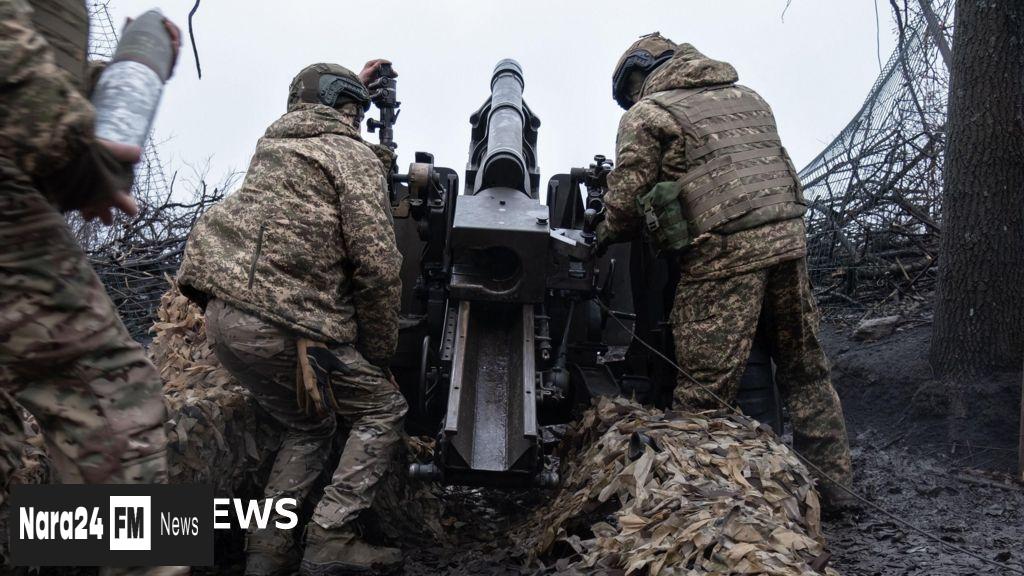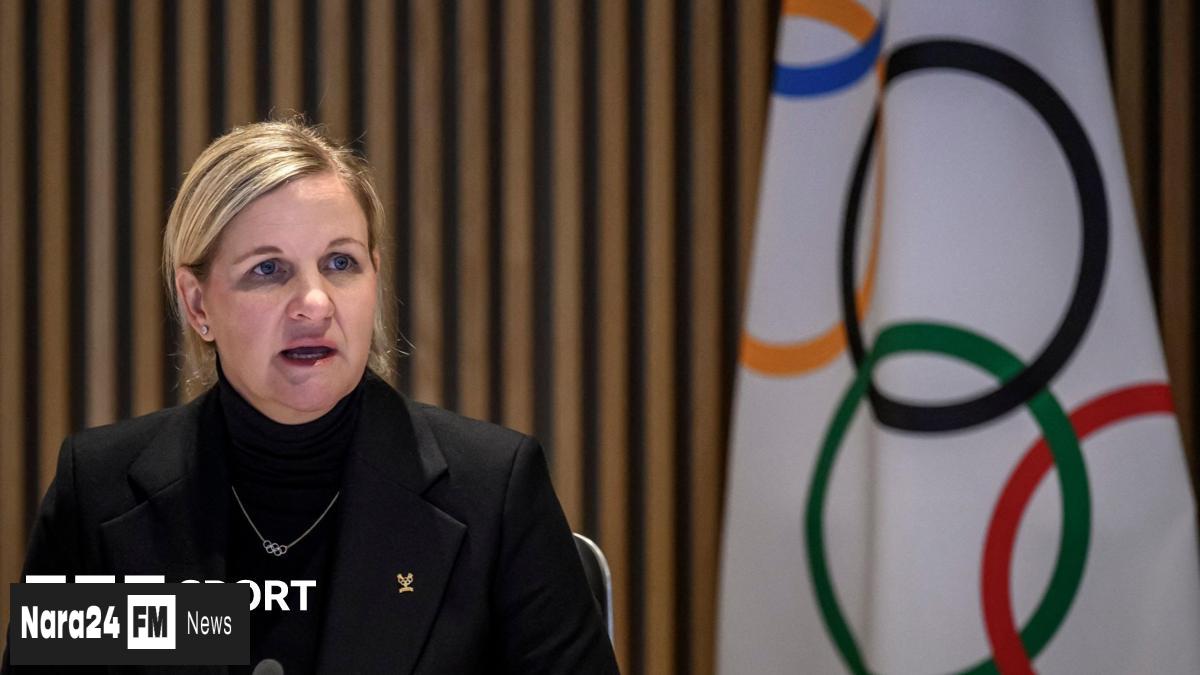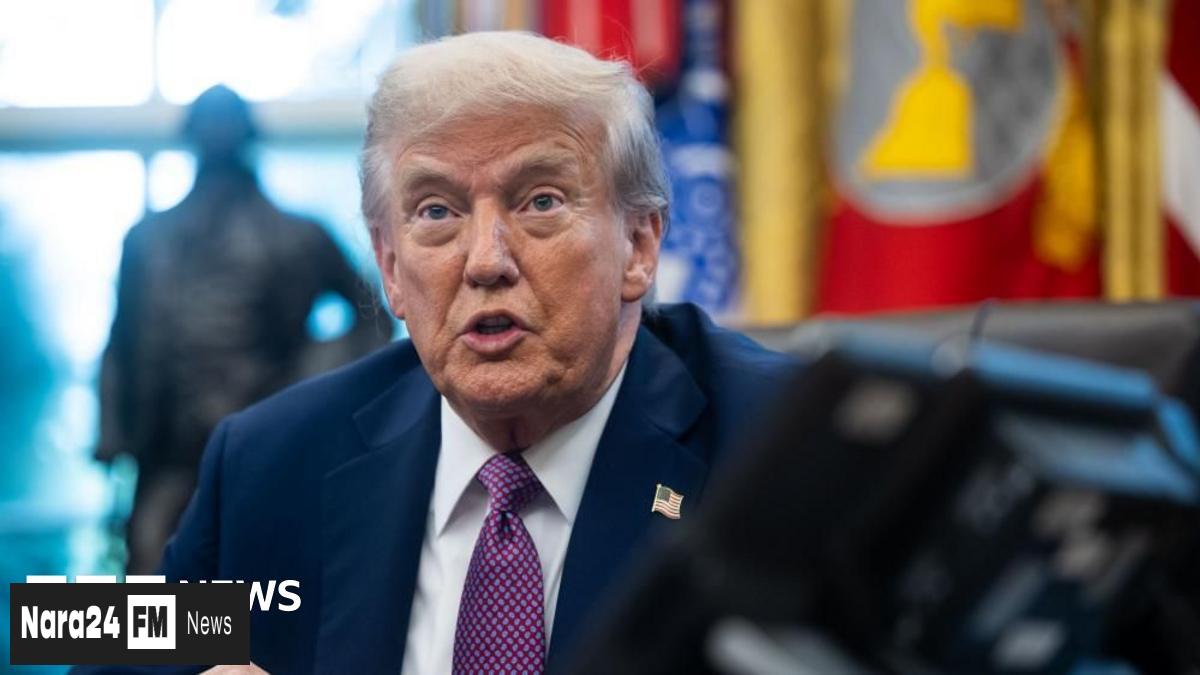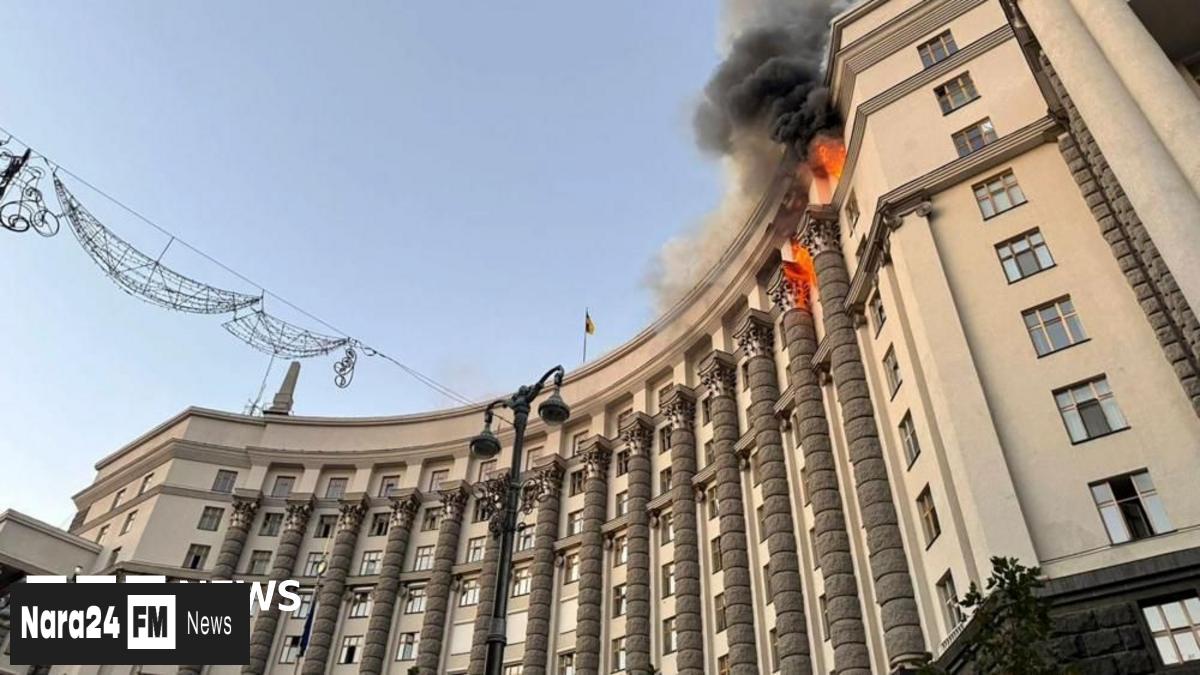In This Article
- Ukraine's Response to US Weapons Supply Pause
- Details of the US Weapons Pause
- International Reactions and Implications
- Current State of the Conflict
- Future of International Support
Key Takeaways
- Ukraine warns that a temporary pause in US weapons deliveries could embolden Russia to prolong the conflict, highlighting the urgent need for enhanced air defenses against ongoing missile and drone attacks.
- The Kremlin welcomed the reduction in US arms shipments to Ukraine, claiming it could hasten the end of the conflict, while Ukrainian officials expressed concern over the decision, describing it as 'painful' and 'unpleasant'.
- The US decision to pause some weapons deliveries stems from a review of military aid to foreign nations, with concerns over dwindling US military stockpiles, though officials assure that domestic readiness and the strength of US Armed Forces remain intact.
- Ukraine remains heavily reliant on American military support, with European allies also contributing aid, though the future of such assistance is uncertain, especially as some countries face domestic political pressures.
- The war in Ukraine continues into its fourth year, with Russia controlling approximately 20% of Ukrainian territory, including Crimea, and the situation remaining tense as Ukraine's defense increasingly depends on international support.
Ukraine has raised alarms over the potential escalation of Russian aggression following the United States' decision to temporarily suspend some weapons deliveries. The White House announced the move on Tuesday, citing a need to prioritize American interests after a Department of Defense review of military aid to foreign nations.
In a statement, Ukraine's foreign ministry warned that any delay in bolstering its defense capabilities would embolden Russia to prolong the conflict rather than seek peace. The ministry stressed the urgent need for enhanced air defenses as Russia continues to launch relentless missile and drone attacks on Ukrainian cities. A US diplomat based in Kyiv was invited for discussions at the foreign ministry on Wednesday, though Ukraine's Ministry of Defence clarified that it had not received official notification about the suspension or revision of weapons shipments.
The pause in US military aid comes after Ukraine endured its largest aerial assault since the beginning of Russia's full-scale invasion, with over 500 drones and missiles targeting its cities last weekend. While US officials have not specified which shipments are affected, reports suggest delays could include Patriot interceptors, Howitzer munitions, missiles, and grenade launchers.
The Kremlin welcomed the reduction in weapons deliveries, with spokesman Dmitry Peskov stating that fewer arms shipments to Kyiv would hasten the end of the conflict. However, Ukrainian officials expressed concern over the decision. Fedir Venislavskyi, a member of Ukraine's ruling party, described the move as "painful" and "unpleasant," particularly in light of Russia's ongoing terrorist attacks on Ukrainian soil.
Ukraine remains heavily reliant on American military support, with European allies also contributing billions in aid. However, the future of such assistance remains uncertain. Czech President Petr Pavel, a staunch supporter of Ukraine, acknowledged that continued ammunition support would depend on the outcome of upcoming elections in his country.
The Pentagon's decision reportedly stems from concerns over dwindling US military stockpiles, though White House spokesperson Anna Kelly emphasized that the strength of the US Armed Forces remains intact. US Undersecretary of Defense for Policy Elbridge Colby assured that the defense department is exploring robust options to sustain military aid to Ukraine while addressing domestic readiness priorities.
This development follows recent discussions between Ukrainian President Volodymyr Zelensky and US President Donald Trump at the NATO summit, where Trump hinted at the possibility of providing additional Patriot anti-missile systems to Ukraine. Meanwhile, French President Emmanuel Macron held a rare phone call with Russian leader Vladimir Putin, urging a ceasefire and negotiations for a lasting resolution to the conflict. Putin, however, reiterated his stance that Western policies have long ignored Russia's security interests.
As the war enters its fourth year, Russia continues to make incremental territorial gains, currently controlling approximately 20% of Ukrainian territory, including Crimea. The situation remains tense, with Ukraine's ability to defend itself increasingly dependent on international support.








Comments (0)
Leave a Comment
Be the first to comment on this article!